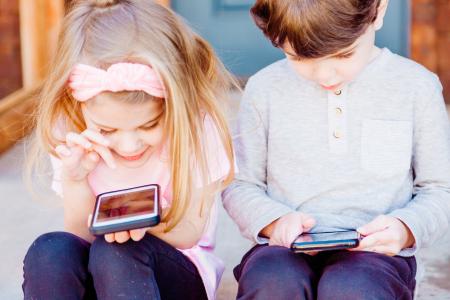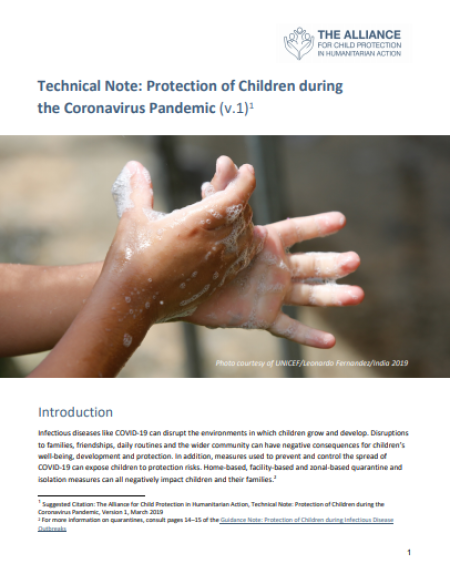
CNN reports based on a new study, that the rate of suspected suicides and suicide attempts by poisoning among young people rose sharply during the Covid-19 pandemic. Among children 10 to 12 years old, the rate increased more than 70% from 2019 to 2021.
The analysis, published Thursday in the US Centers for Disease Control and Prevention’s Morbidity and Mortality Weekly Report, looked at what the National Poison Data System categorized as “suspected suicides” by self-poisoning for 2021 among people ages 10 to 19; the records included both suicide attempts and deaths by suicide.
The data showed that attempted suicides and suicides by poisoning increased 30% in 2021 compared with 2019, before the pandemic began.
Younger children, ages 10 to 12, had the biggest increase at 73%. For 13- to 15-year-olds, there was a 48.8% increase in suspected suicides and attempts by poisoning from 2019 to 2021. Girls seemed to be the most affected, with a 36.8% increase in suspected suicides and attempts by poisoning
“I think the group that really surprised us was the 10- to 12-year-old age group, where we saw a 73% increase, and I can tell you that from my clinical practice, this is what we’re seeing also,” said study co-author Dr. Chris Holstege, professor of emergency medicine and pediatrics chief at the University of Virginia School of Medicine. “We’re seeing very young ages ages that I didn’t used to see attempting suicide by poisoning.
“It was pretty stunning from our perspective,” he said.




















